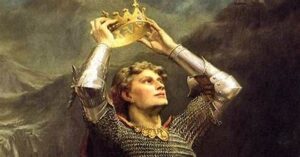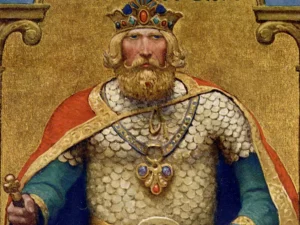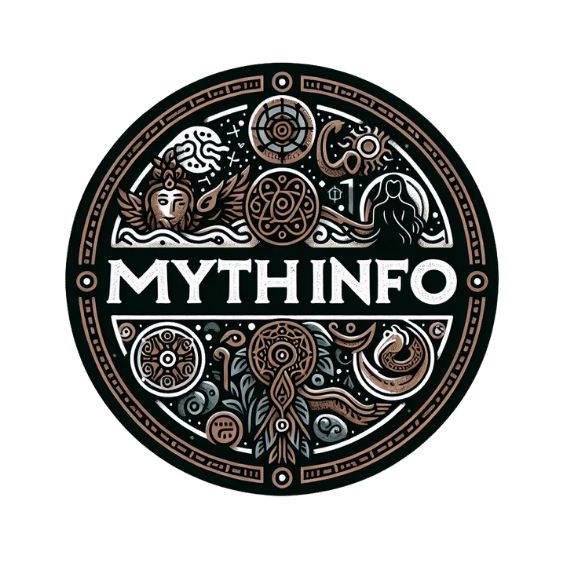
King Arthur, the fabled ruler of Camelot, is one of the most enduring legends in Western literature. His tales of chivalry, valor, and the quest for the Holy Grail have captivated audiences for centuries. Yet, the impact of King Arthur’s legacy extends far beyond medieval literature, influencing modern fantasy in profound ways. This article explores how the Arthurian legends continue to inspire contemporary fantasy genres, reflecting both their timeless appeal and their adaptability to new contexts.
The Enduring Appeal of Arthurian Legends
King Arthur’s legend, first popularized in Geoffrey of Monmouth’s Historia Regum Britanniae in the 12th century, has undergone numerous adaptations. From Sir Thomas Malory’s Le Morte d’Arthur to T.H. White’s The Once and Future King, Arthurian tales have evolved, but their core elements—courage, honor, and mystical quests—remain constant. The allure of King Arthur lies in the idealization of knighthood and the quest for a noble cause, themes that resonate with readers and viewers across eras.
Influence on c
Modern fantasy literature owes much to the Arthurian legends. Authors such as J.R.R. Tolkien and C.S. Lewis drew inspiration from the chivalric codes and mythical elements of Arthurian tales. Tolkien’s The Lord of the Rings series, for instance, reflects Arthurian themes through its epic quests, moral struggles, and richly imagined worlds. Similarly, C.S. Lewis’s The Chronicles of Narnia incorporates elements of knightly valor and magical realms reminiscent of Camelot.
Moreover, contemporary fantasy series like George R.R. Martin’s A Song of Ice and Fire showcase Arthurian influences in their complex narratives and rich characterizations. The concept of a once and future king, a central motif in Arthurian lore, is mirrored in Martin’s portrayal of characters with grand destinies and moral ambiguities.
The Arthurian Influence in Modern Media
The legacy of King Arthur also extends to modern media, including film and television. Films like Excalibur and King Arthur explore the mythos with a blend of historical and fantastical elements, bringing Arthurian legends to new audiences. Television series such as Merlin and Camelot continue to delve into Arthurian lore, offering fresh interpretations and expansions of the original tales.
In video games, the influence of Arthurian legends is also evident. Games like The Elder Scrolls V: Skyrim and Dark Souls incorporate elements of Arthurian myth, such as knightly orders and legendary artifacts, into their gameplay and narratives. These games not only entertain but also keep the essence of Arthurian legend alive in interactive forms.
Adaptations and Reimaginings
The Arthurian legend has been reimagined in various forms, reflecting its versatility and enduring relevance. Modern authors and creators frequently adapt the legend to fit contemporary contexts, exploring themes of leadership, justice, and identity through new lenses. For instance, the graphic novel Camelot 3000 presents a futuristic take on the Arthurian saga, where King Arthur and his knights are resurrected in a dystopian future to combat evil forces.
Similarly, novels such as The Mists of Avalon by Marion Zimmer Bradley retell the Arthurian legend from a feminist perspective, offering a new dimension to familiar characters and themes. These adaptations not only pay homage to the original tales but also engage with current social and cultural issues, demonstrating the legend’s capacity to evolve and resonate with new generations.
The Legacy’s Impact on Fantasy Tropes
The tropes introduced by Arthurian legends—such as the quest for a magical artifact, the noble knight, and the hidden or lost king—have become staples in modern fantasy. These elements provide a framework for storytelling that many contemporary fantasy works build upon. The archetypal hero’s journey, popularized by Joseph Campbell and evident in Arthurian tales, remains a powerful narrative structure in today’s fantasy literature and media.
Conclusion
King Arthur’s legacy is a testament to the timeless nature of his legend. His tales of heroism, honor, and magical quests continue to inspire modern fantasy, influencing a wide range of media from literature and film to video games and graphic novels. The enduring appeal of Arthurian legend lies in its ability to adapt and resonate with each new generation, ensuring that the legacy of King Arthur will continue to inspire and captivate audiences for years to come.

